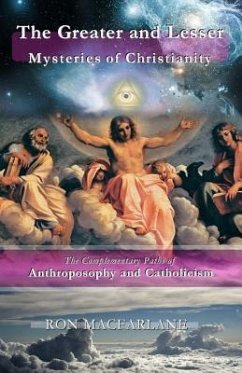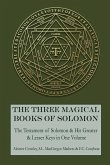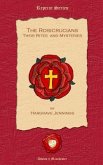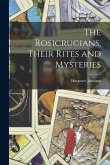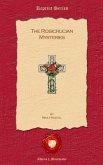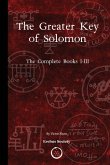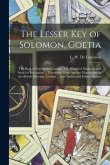CONTEMPORARY CHRISTIANITY, the world religion established by the God-Man, Christ-Jesus, and founded on the revelatory-principle that "God is love," is hardly the shining example of ideological unity and universal brotherhood that it was intended to be. There are approximately 41,000 different Christian denominations in the world today, many of which are fervently hostile to each other. Atheistic and anti-Christian polemicists have concluded that there is something inherently wrong with Christianity itself and, in consequence, it is doomed to failure and eventual extinction. Discerning Christian advocates, however, know that any apparent failure to realize the high ideals of Christianity is not due to the profound teachings and the illustrious life-example of Christ-Jesus, but instead to the limitations of wounded human nature. Corrupt, power-hungry, destructive and evil-minded human beings have twisted, distorted and fragmented true Christianity for the past two thousand years, and continue to do so today. Moreover, on a much deeper spiritual level, since Christianity is indeed a divinely-initiated endeavor to help restore "fallen" humanity, powerful and demonic beings have attempted to destroy nascent Christianity from its very inception. But thankfully, according to Christ-Jesus himself, "the powers of hell will not prevail against it [Christianity]" (Matt 16:18). Sadly contributing to the injurious fragmentation of Christianity - the "religion of divine love" - is the sectarian hostility between certain proponents of anthroposophy and select members of the Catholic Church. In both cases, this is largely due to ignorance; that is, an almost complete lack of understanding about the true significance and mission of the other: anthroposophical critics know almost nothing of Catholicism; and Catholic critics know almost nothing about anthroposophy. The wonderful reconciliatory fact is that anthroposophy and Catholicism are not conflicting polar opposites, but are instead like two sides of the same golden coin - different, but complementary. Instead of only one side or the other being the only true approach to Christ-Jesus, both are uniquely necessary and both positively contribute to the complete truth of Christianity. Since this author is happily and harmoniously both an anthroposophist and a Catholic, "The Greater and Lesser Mysteries of Christianity: The Complementary Paths of Anthroposophy and Catholicism" earnestly seeks to correct the misinformation and lack of understanding that each partisan critic has for the other. As in almost every significant dispute, increased knowledge and familiarity about each other will in time bring both sides closer together for mutual growth and benefit.
Hinweis: Dieser Artikel kann nur an eine deutsche Lieferadresse ausgeliefert werden.
Hinweis: Dieser Artikel kann nur an eine deutsche Lieferadresse ausgeliefert werden.

